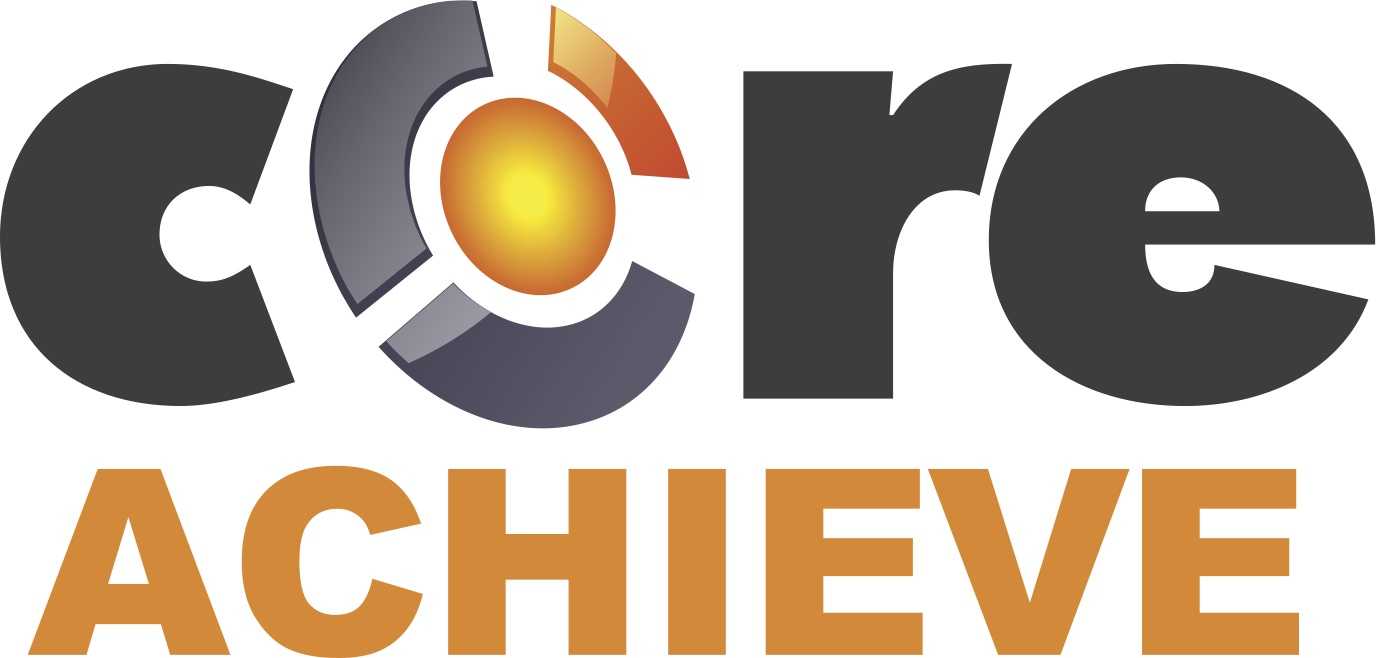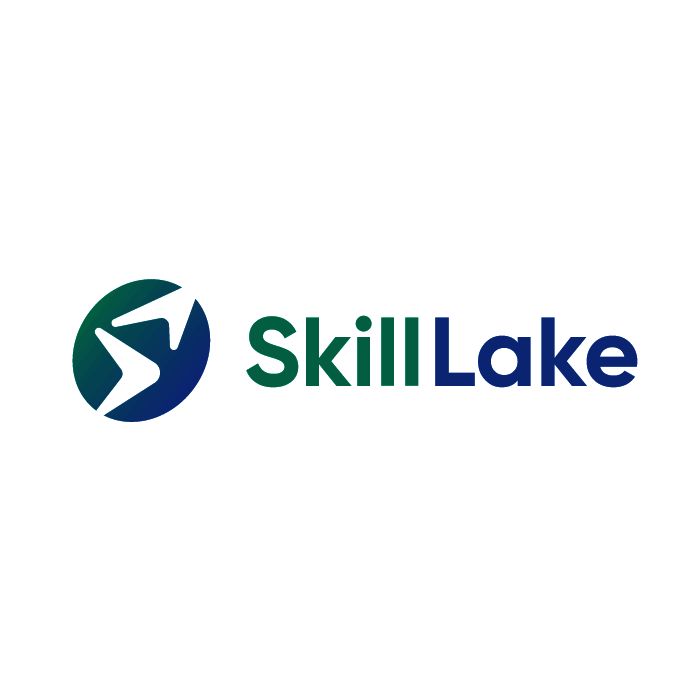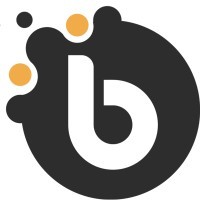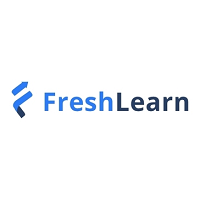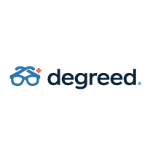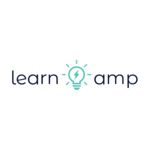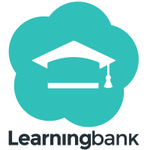What Is Learning Experience Platform?
A learning experience platform (LXP) is a digital platform that allows users to have more tailored and engaging learning experiences. Unlike standard learning management systems (LMS), which are concerned with delivering and managing courses, an LXP places the learner at the center of the experience, allowing them to direct their own learning based on their interests, needs, and objectives.
An LXP enables learners to take control of their learning experience by providing a number of features such as tailored suggestions, social learning opportunities, and curated content. This not only boosts motivation and engagement, but also fosters a culture of continual learning inside an organization. One of the primary benefits of an LXP is its capacity to adapt to the unique needs and preferences of each learner.
LXPs can employ advanced analytics and artificial intelligence to track user interactions and progress, allowing them to give relevant and personalized content recommendations. This allows users to get the most relevant and current information, making their learning experience more efficient and productive. In addition to individualized learning, LXPs provide a collaborative and social learning environment.
Users can engage and learn from others using features like discussion boards, virtual classrooms, and peer-to-peer learning, which fosters a feeling of community and knowledge-sharing. LXPs also enable enterprises to build and deliver personalized learning pathways and certifications based on their workers' individual requirements and objectives.
This not only improves their workforce's skills and knowledge, but it also allows firms to remain competitive and adapt to the fast-paced and ever-changing business environment. When considering acquiring an LXP, you should assess the platform's functionality, usability, and compatibility with existing systems. Personalized learning routes, social and collaborative learning tools, and analytics and reporting capabilities are all important elements to consider.
To ensure a seamless and successful installation, you should also consider the vendor's scalability and support choices. Finally, a learning experience platform provides a modern and learner-centric approach to education, making it a vital tool for enterprises seeking to remain competitive in the digital age. Investing in an LXP allows firms to develop a culture of continuous learning, increase employee engagement, and drive business success.
Benefits Of Using Learning Experience Platform
A Learning Experience Platform (LXP) is an innovative tool for corporate training and development. It acts as the hub for all employee learning and development programs, offering a tailored and engaging learning experience that fits the needs of today's learners.
Here are some of the major advantages of employing a Learning Experience Platform for your organization:
1. A comprehensive Learning Solution: One of the primary benefits of adopting an LXP is the ability to provide a comprehensive learning solution. With features such as personalized learning paths, adaptive learning, and curated content, an LXP offers a diverse range of learning methods to meet the individual needs of students. This guarantees that students are interested and eager to learn, which leads to a more successful learning experience.
2. Improved User Experience: A Learning Experience Platform is intended to prioritize user experience. It has an intuitive interface and easy navigation, making it suitable for all levels of employees. The platform also supports social and collaborative learning, allowing students to connect with and learn from their peers. This not only improves the learning experience, but also fosters a sense of community within the organization.
3. Access To An Extensive Library Of Content: Most LXPs come with a large collection of content, such as courses, videos, podcasts, and articles, making them a one-stop shop for all learning needs. This reduces the need for employees to search and access different resources, saving them time and effort. Furthermore, the content is constantly updated and vetted, ensuring that learners have access to the most current knowledge.
4. Personalized Learning: Every employee has unique learning preferences and needs. An LXP employs data and analytics to determine individual learner's strengths, limitations, and interests. Based on this information, the platform provides individualized learning content and recommendations, resulting in a more efficient and successful learning experience.
5. Track And Assess Learning Progress: Measuring training effectiveness is critical for any organization. An LXP tracks and measures learners' progress via exams, quizzes, and feedback, providing useful information for determining the effectiveness of training programs. This data can also be utilized to identify and solve knowledge and skill gaps, resulting in improved overall performance.
6. Promotes Ongoing Learning: Continuous learning is required to be relevant and competitive in today's ever-changing corporate environment. A Learning Experience Platform promotes continuous learning by offering easy access to learning materials and allowing employees to learn at their own pace. This enables businesses to adapt and upskill their employees in order to keep up with the current industry trends and advancements.
Important Factors To Consider While Purchasing Learning Experience Platform?
When it comes to acquiring a Learning Experience Platform (LXP), numerous elements must be carefully evaluated. As an increasingly popular tool for training and development, selecting the best LXP for your organization is critical to providing an effective learning experience.
Here are some crucial considerations to consider before making an LXP purchase:
1. Material Variety And Quality: An LXP's success is determined on the quality and variety of its material. Make sure to evaluate the platform's content catalog and compatibility with various learning media such as videos, podcasts, and interactive modules. It is also critical to assess the quality of the information, determining whether it is current, relevant, and interesting.
2. User-Friendly Interface: A user-friendly interface is essential for a smooth learning process. The LXP should have a basic and intuitive design with straightforward navigation, making it suitable for learners of different technical levels.
3. Personalization: A strong LXP should provide tailored learning paths to meet the various needs of students. To develop a tailored learning experience, consider adaptive learning, personalized recommendations, and skill-based evaluations.
4. Tracking And Reporting: One of the key advantages of an LXP is the ability to monitor and report on learners' progress. This feature is critical for trainers and learning and development teams to assess training efficacy and identify areas for improvement.
5. Integration With Existing Systems: When acquiring an LXP, make sure it is compatible with your organization's existing systems, such as HRIS or CRM. This will provide seamless integration and data transfer between platforms, reducing disruption to your business processes.
6. Mobile Accessibility: In today's fast-paced environment, students want to be able to receive training from any device, any location, and at any time. As a result, it is critical to select an LXP that provides mobile accessibility, allowing learners to receive training on the go.
7. Social Learning Capabilities: A strong LXP should encourage social learning, which is an excellent approach to engage students and foster collaboration. Look for elements like discussion forums, peer-to-peer learning, and social sharing to help foster a feeling of community and improve the learning experience.
8. Customer Support: It is critical to select an LXP vendor who provides outstanding customer service, such as technical assistance, regular updates, and training materials. This will ensure that any issues are rectified quickly and that your team is well-equipped to use the platform to its full potential.
When purchasing a Learning Experience Platform, consider these aspects to make an informed purchase. Remember to examine your organization's specific needs and requirements before selecting an LXP that corresponds with your training goals and objectives. With the correct LXP in place, you can provide a seamless and engaging learning experience to your employees.
What Are The Key Features To Look For In Learning Experience Platform?
A Learning Experience Platform (LXP) is an effective tool for firms seeking to improve and optimize their employee training and development programs. However, with so many options on the market, customers may struggle to determine which LXP is best suited to their unique needs.
To help you make an informed decision, here are some critical elements to consider while shopping for a Learning Experience Platform.
1. User-Friendly Interface: The most important feature of an LXP is its ease of use. Look for a platform that is simple, visually appealing, and user-friendly. This offers a smooth learning experience for your employees and shortens the learning curve.
2. Unique Learning Paths: A great LXP should allow you to create unique learning routes for your employees based on their job titles, talents, and goals. This contributes to more relevant and tailored learning content, resulting in higher learning results.
3. Content Creation And Curation: An LXP should provide multiple alternatives for content development and curation. This includes the option to publish your own content, curate external content, and access a diverse collection of learning resources such as videos, eBooks, and online courses.
4. Gamification And Social Learning: To keep employees interested and motivated, an LXP should include gamification aspects such as leaderboards, medals, and awards, as well as social learning features such as discussion boards and peer-to-peer training.
5. Analytics And Reporting: Monitoring the efficacy of your learning initiatives is critical for making data-driven decisions. Seek out an LXP that offers thorough statistics and reporting on learner progress, engagement, and course completion rates.
6. Mobile Compatibility: With a rising remote and mobile workforce, it is critical to select an LXP that is available on all platforms, including smartphones and tablets, allowing for anytime, anywhere learning.
7. Integration Capabilities: To streamline your training operations, your LXP should interact smoothly with your existing systems, including your learning management system (LMS), human resource management (HRM) software, and talent development tools. Remember to consider your organization's specific needs and prioritize the features that correspond with your learning and development objectives. This will assist you in selecting the best Learning Experience Platform that enhances your employees' learning journey and, ultimately, improves your organization.
Why Do Businesses Need Learning Experience Platform?
In today's fast-paced corporate world, staying ahead of the competition is critical to success. This is where Learning Experience Platforms (LEP) come in. LEPs offer a comprehensive and dynamic learning environment that extends beyond typical learning management systems. They provide employees with a tailored and interesting learning experience that helps them improve their skills, knowledge, and performance.
One of the primary reasons why businesses need a LEP is to improve their employees' learning experiences. LEPs use a variety of features, including microlearning, gamification, social learning, and personalized learning paths, to create an interactive and engaging learning environment. This not only makes learning more pleasurable, but it also helps to retain and apply knowledge better.
Another critical feature that makes LEPs useful for businesses is their capacity to centralize and organize learning information. With a diverse workforce and ever-changing learning needs, organizing and updating training content may be a difficult process. LEPs provide a centralized platform for businesses to produce, store, and update learning materials in one location, making them conveniently available to employees.
Furthermore, LEPs provide useful data and statistics to assist firms measure their employees' development and detect knowledge gaps. This data-driven approach enables focused training and development, ensuring that staff have the essential skills and abilities to do their jobs effectively. Furthermore, LEPs have transformed the way corporations approach learning by including a user-centered design.
These platforms are intuitive and user-friendly, designed to meet the tastes and demands of today's learners. This makes learning more convenient and accessible, particularly for distant workers or those with demanding schedules. Finally, investing in a LEP can lead to huge cost benefits for enterprises. Traditional training techniques can be costly, particularly in terms of materials, teachers, and logistics. An LEP allows firms to cut training expenditures and employee time away from work, resulting in a more efficient and cost-effective approach to learning.
Which Industries Can Benefit The Most From Learning Experience Platform?
Learning Experience Platforms (LXP) have grown in popularity in recent years as firms see the value of providing engaging and tailored learning experiences for their employees. These platforms, which are intended to improve the learning experience and foster continuous learning, are an invaluable resource for businesses seeking to remain competitive in today's fast-paced business environment. But which industries would profit the most from deploying an LXP?
Let's investigate.
1. Corporate Training And Development: Corporate training and development is a main industry that can benefit from an LXP. With the advent of remote and hybrid work arrangements, businesses are spending more in online learning solutions to ensure that their employees have the skills and knowledge they need to be competitive in their professions. An LXP provides a wide range of information types, including videos, podcasts, and interactive modules, making it an excellent platform for upskilling and reskilling staff.
2. Healthcare: The healthcare sector is continually changing, and healthcare workers must stay current with the latest innovations and best practices. An LXP may help healthcare personnel learn on a continuous basis, from onboarding new employees to receiving ongoing training on new processes and laws. Furthermore, an LXP may help track and manage compliance training, ensuring that personnel are up to date on the most recent legislation and standards.
3. Education: Education is another business that stands to benefit substantially from an LXP. As virtual and hybrid learning become the norm, educators are exploring for strategies to engage students in distant learning environments. An LXP can serve as a single center for students to access course materials, communicate with peers, and receive individualized feedback from instructors. It can also assist teachers design and deliver interactive and interesting online courses.
4. Retail & Hospitality: The retail and hospitality industries rely significantly on well-trained and skilled workers to provide exceptional customer service. An LXP can give a simple and effective way to train and onboard new employees, ensuring they have the essential skills and product knowledge to provide excellent service. It can also help with continual training and skill development to keep staff up to date on new goods and services.
5. Manufacturing & Construction: In businesses requiring specific skills, such as manufacturing and construction, an LXP can be a game changer. These platforms can give on-the-job training for new hires, offer safety and compliance courses, and track employee progress and certifications. This not only creates a safer workplace, but it also boosts productivity and efficiency.
Conclusion
To summarize, a Learning Experience Platform (LXP) provides a comprehensive and dynamic solution for firms seeking to improve their employee training and development programs. An LXP provides employees with a tailored and engaging learning experience by combining sophisticated technology and novel features, resulting in increased productivity and performance.
Throughout this buyer's guide, we've looked at the most important factors to consider when choosing an LXP, including the platform's core features, pricing models, integration capabilities, and customer support. We've also addressed the advantages of an LXP, such as higher employee engagement, improved information retention, and better training results.
When comparing LXPs, it is critical to define your organization's specific training needs and objectives to ensure the platform is aligned with your goals. Furthermore, it is critical to select an LXP that is user-friendly, has a diverse content collection, and offers strong analytics and reporting tools. Finding the proper LXP for your firm may need some time and research, but the effort will result in more effective and efficient staff learning and development. By following our buyer's guide and keeping these key elements in mind, you can make an informed selection and choose the finest LXP for your organization's needs.




